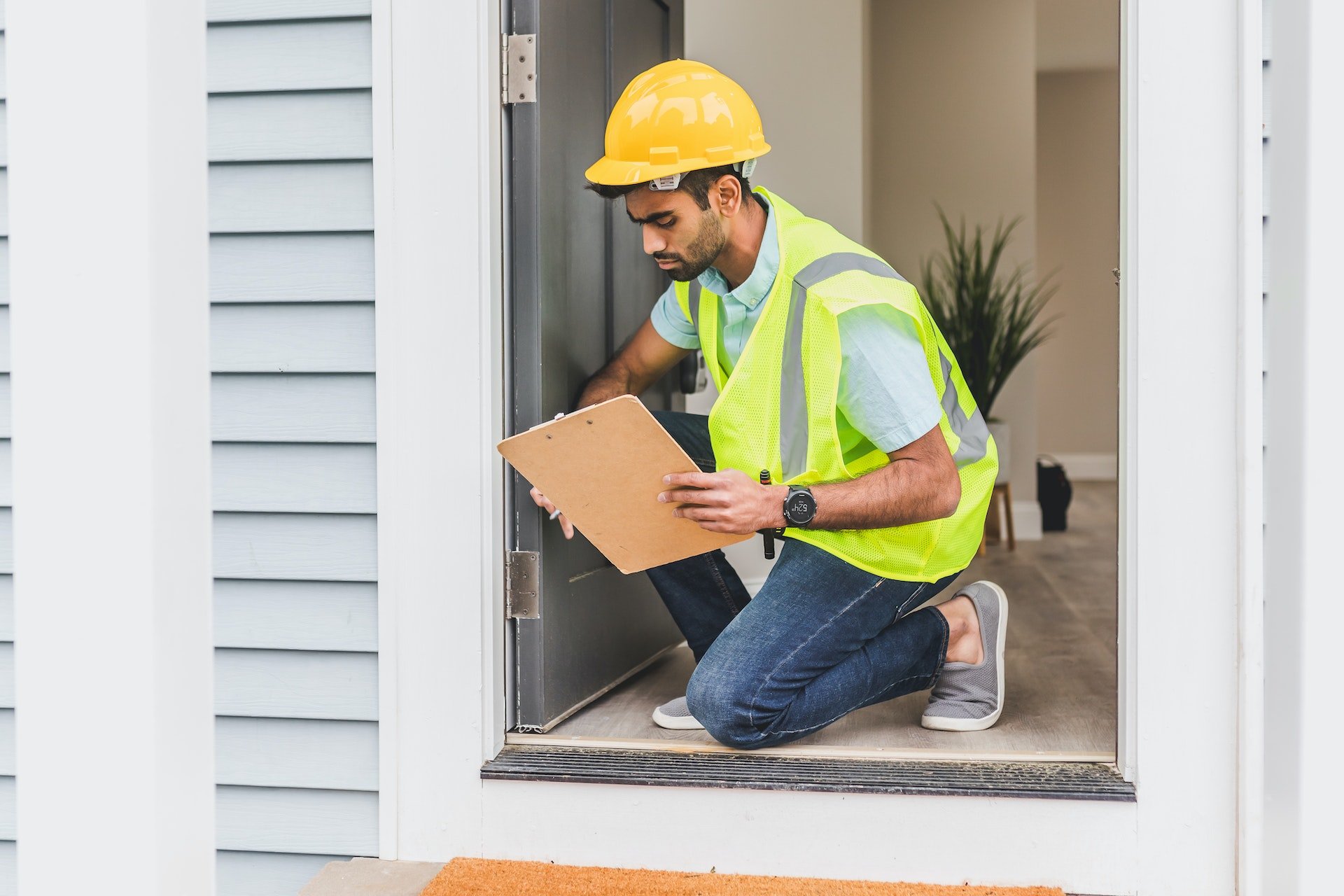
Congratulations on taking the exciting step of buying your first home! As a first-time buyer, one of the most crucial steps in the home buying process is getting a thorough home inspection. A home inspection provides you with a comprehensive understanding of the property's condition, potential issues, and necessary repairs. In this ultimate guide, we'll walk you through everything you need to know about home inspections, ensuring that you make a confident and informed decision in your home buying journey.
A home inspection is a professional assessment of a property's condition by a qualified inspector. During the inspection, the inspector thoroughly examines the property's structural components, systems, and major appliances. The goal is to identify any potential defects, safety hazards, or maintenance issues that may not be evident during a casual walkthrough.
A home inspection is essential for several reasons:
1) Uncover Hidden Issues: A home inspection helps uncover any hidden or undisclosed issues that may not be visible to the untrained eye. Identifying these problems early on can save you from potential surprises and costly repairs in the future.
2) Negotiation Power: Armed with the information from the inspection report, you can negotiate with the seller for repairs or a price reduction if significant issues are found.
3) Peace of Mind: Knowing the true condition of the property gives you peace of mind and confidence in your decision to move forward with the purchase.
1) Structural Components: The inspector will examine the foundation, walls, roof, and overall structural integrity of the property.
2) Electrical Systems: The electrical panel, outlets, wiring, and lighting fixtures will be checked for safety and compliance with building codes.
3) Plumbing Systems: The inspector will assess the plumbing pipes, fixtures, and water heater for leaks and functionality.
4) HVAC Systems: The heating, ventilation, and air conditioning systems will be inspected for proper operation and efficiency.
5) Appliances: Major appliances, such as the dishwasher, stove, and refrigerator, will be tested to ensure they are in working condition.
6) Interior and Exterior: The inspector will evaluate the interior spaces, windows, doors, siding, and exterior features for any visible defects.
2) Attend the Inspection: Whenever possible, attend the home inspection in person. This allows you to ask questions, gain insights into the property's condition, and fully understand the inspection report.
3) Review the Inspection Report: After the inspection, carefully review the detailed report provided by the inspector. Seek clarification on any points you may not understand.
4) Plan for Repairs: If the inspection reveals significant issues, discuss the repair options with your real estate agent and factor potential costs into your budget.
5) Prioritize Safety Concerns: Address safety hazards and major repairs promptly to ensure the well-being of your family.
A home inspection is a vital step in the home buying process for first-time buyers. It provides you with invaluable insights into the property's condition and helps you make an informed decision. By choosing a qualified inspector, attending the inspection, and reviewing the report thoroughly, you'll gain peace of mind and confidence as you move forward in purchasing your dream home.
Posted by Shawn Clayton
on
What is a Home Inspection?
A home inspection is a professional assessment of a property's condition by a qualified inspector. During the inspection, the inspector thoroughly examines the property's structural components, systems, and major appliances. The goal is to identify any potential defects, safety hazards, or maintenance issues that may not be evident during a casual walkthrough.
Why is a Home Inspection Important?
A home inspection is essential for several reasons:
1) Uncover Hidden Issues: A home inspection helps uncover any hidden or undisclosed issues that may not be visible to the untrained eye. Identifying these problems early on can save you from potential surprises and costly repairs in the future.
2) Negotiation Power: Armed with the information from the inspection report, you can negotiate with the seller for repairs or a price reduction if significant issues are found.
3) Peace of Mind: Knowing the true condition of the property gives you peace of mind and confidence in your decision to move forward with the purchase.
What Does a Home Inspection Cover?
A comprehensive home inspection typically covers the following areas:1) Structural Components: The inspector will examine the foundation, walls, roof, and overall structural integrity of the property.
2) Electrical Systems: The electrical panel, outlets, wiring, and lighting fixtures will be checked for safety and compliance with building codes.
3) Plumbing Systems: The inspector will assess the plumbing pipes, fixtures, and water heater for leaks and functionality.
4) HVAC Systems: The heating, ventilation, and air conditioning systems will be inspected for proper operation and efficiency.
5) Appliances: Major appliances, such as the dishwasher, stove, and refrigerator, will be tested to ensure they are in working condition.
6) Interior and Exterior: The inspector will evaluate the interior spaces, windows, doors, siding, and exterior features for any visible defects.
Tips for a Successful Home Inspection:
1) Choose a Qualified Inspector: Do your research and hire a certified and experienced home inspector. Ask for referrals or seek recommendations from your real estate agent.2) Attend the Inspection: Whenever possible, attend the home inspection in person. This allows you to ask questions, gain insights into the property's condition, and fully understand the inspection report.
3) Review the Inspection Report: After the inspection, carefully review the detailed report provided by the inspector. Seek clarification on any points you may not understand.
4) Plan for Repairs: If the inspection reveals significant issues, discuss the repair options with your real estate agent and factor potential costs into your budget.
5) Prioritize Safety Concerns: Address safety hazards and major repairs promptly to ensure the well-being of your family.
A home inspection is a vital step in the home buying process for first-time buyers. It provides you with invaluable insights into the property's condition and helps you make an informed decision. By choosing a qualified inspector, attending the inspection, and reviewing the report thoroughly, you'll gain peace of mind and confidence as you move forward in purchasing your dream home.


Leave A Comment